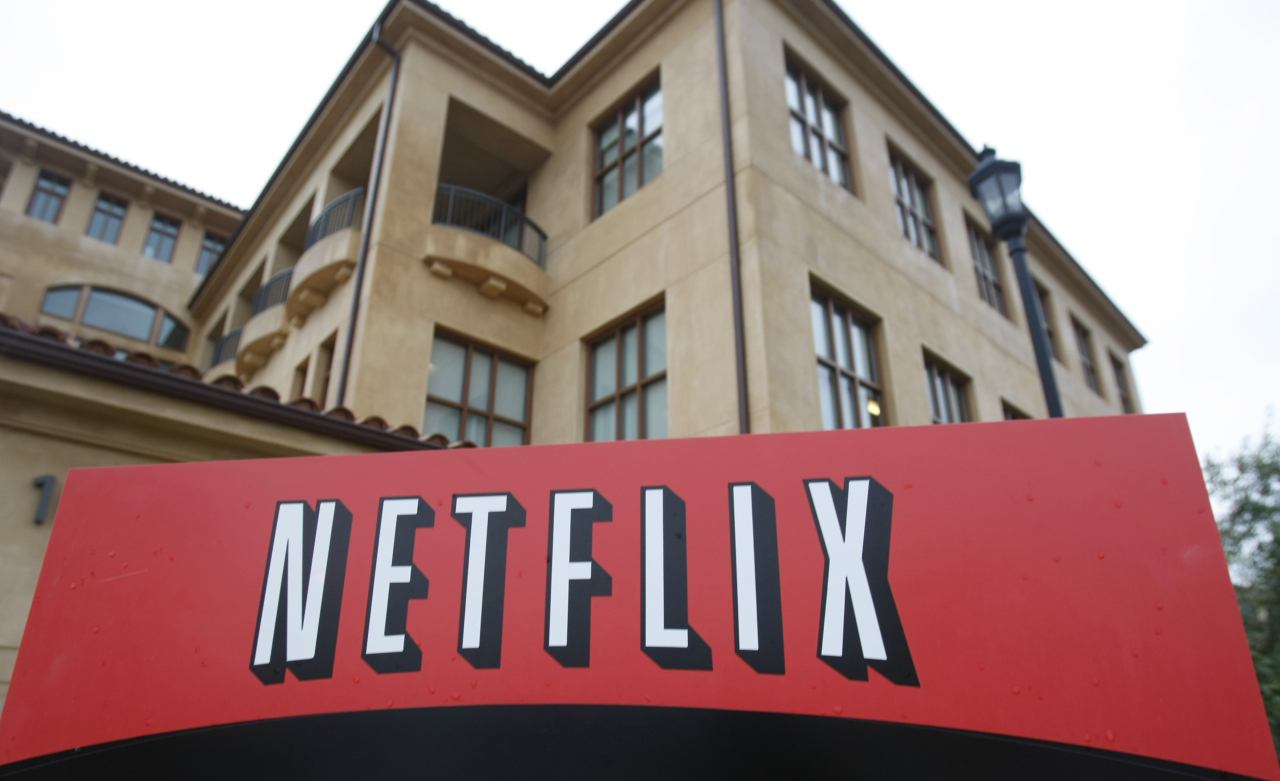 |
(AP-Yonhap) |
Netflix, the world's leading videostreaming service provider, will come under growing pressure to share the network costs here following the revision to related laws, industry sources said Thursday.
On Wednesday, the National Assembly approved the revision to the country's telecommunications business act, which stipulates, in a nutshell, foreign content providers, as well as local players, are also responsible for providing stable services to users.
The revision was widely seen as a move to pressure foreign content providers like Netflix to share the network costs with local internet service providers (ISPs).
With the rising popularity of video streaming services, local ISPs have been dealing with heavy data traffic and wanted major foreign content providers, like Netflix, to share network costs.
Netflix has been rapidly increasing its presence in South Korea, with the number of subscribers here surpassing 2 million recently, sharply up from 400,000 in 2018.
The telecommunications industry welcomed the revision and said that it now has a legal ground to make content providers share the cost for heavy data traffic.
Netflix, meanwhile, said it respects the parliament's decision and will keep up its efforts to provide good services to consumers.
The revision came after Netflix Services Korea Ltd., the Korean unit of the US streaming giant, filed a suit against SK Broadband Inc. last month requesting a Seoul court to confirm that it has no obligation to pay network usage fees over data traffic.
Although the revised law does not appear to be favoring Netflix, some legal experts said the network usage fee issue could still be debatable in court, since the law did not clearly state that content providers must share the network costs with ISPs.
Netflix has been claiming it would be a double charge of internet service if SK Broadband collects network usage fees from content providers because the local ISP already receives fees from its users.
To help local ISPs reduce traffic, Netflix claimed the company has being offering them its open connect appliances for free, saying its system will reduce network overhead with cache servers storing its content.
Unlike local firms, such as Naver Corp. and Kakao Corp, some foreign internet-based companies, like Google's YouTube, have not been paying network usage fees to ISPs here and were criticized as free riders. (Yonhap)






![[Herald Interview] 'Trump will use tariffs as first line of defense for American manufacturing'](http://res.heraldm.com/phpwas/restmb_idxmake.php?idx=644&simg=/content/image/2024/11/26/20241126050017_0.jpg)
![[Exclusive] Hyundai Mobis eyes closer ties with BYD](http://res.heraldm.com/phpwas/restmb_idxmake.php?idx=644&simg=/content/image/2024/11/25/20241125050044_0.jpg)
